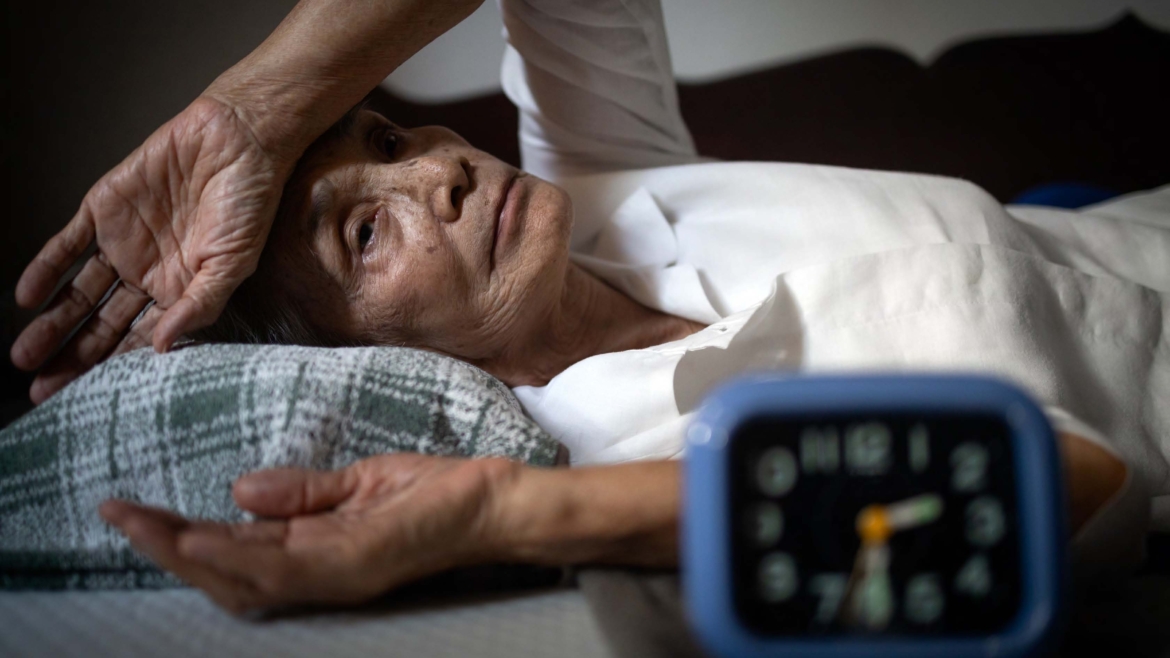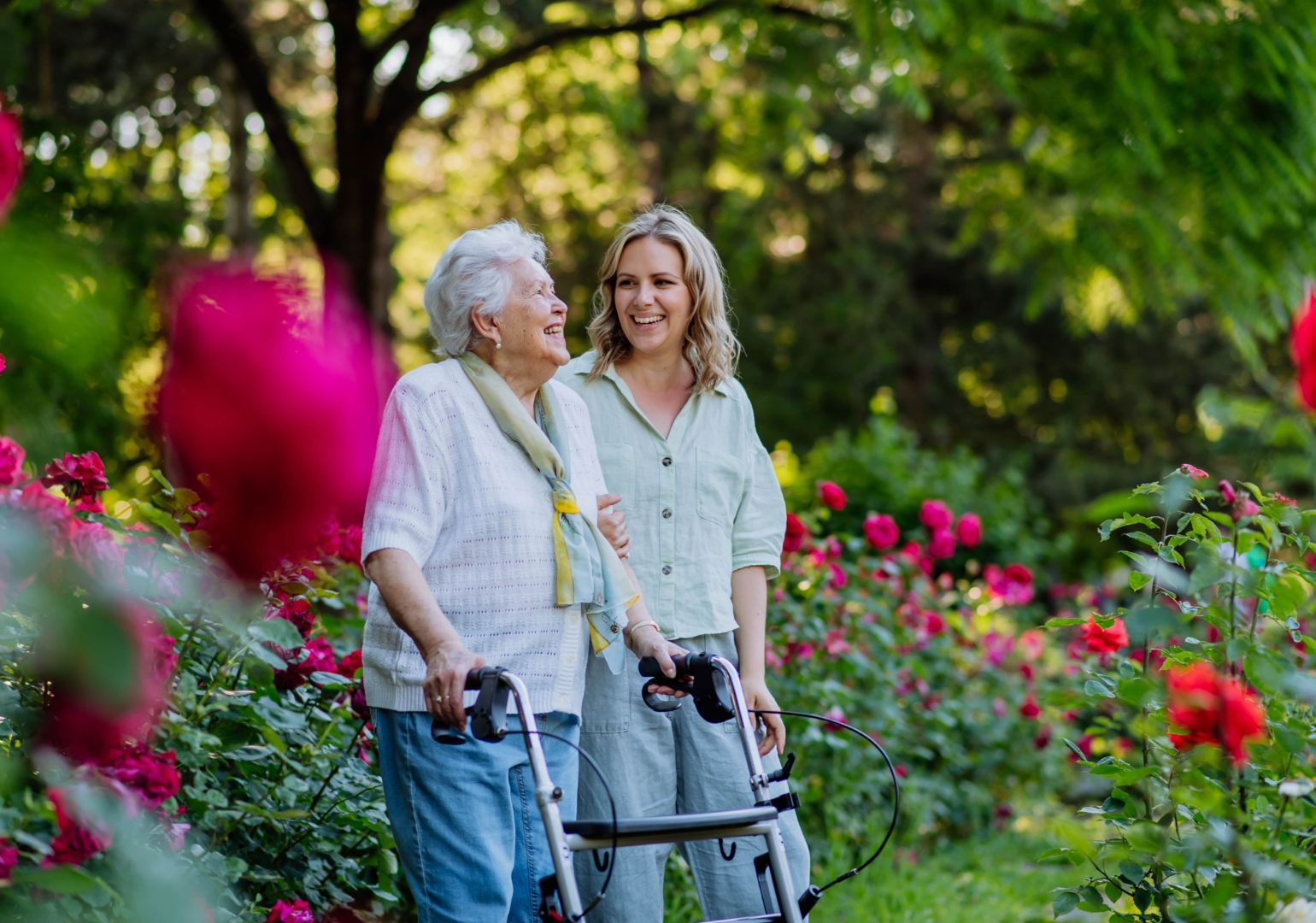Preparing for Daylight-Saving Time: Adjusting Sleep Patterns for Seniors
Daylight-saving time, the practice of advancing clocks to make better use of the longer daylight available during summer, so that darkness falls at a later clock time, comes every spring, as many of us eagerly anticipate longer days and brighter evenings. This year it falls on March 10, 2024. For seniors, adjusting to this time shift can pose unique challenges, particularly when it comes to maintaining healthy sleep patterns. With proper preparation and awareness, seniors can navigate daylight saving time with ease, ensuring their well-being and vitality. Here’s how you can help seniors adjust their sleep patterns in preparation for daylight saving time.
Understanding the Impact on Seniors
Daylight-saving time transitions can disrupt the body’s internal clock, leading to sleep disturbances and feelings of fatigue. For seniors, who may already experience changes in sleep patterns due to age-related factors, such as having a harder time falling asleep or staying asleep, this transition can be even more challenging. Disrupted sleep can impact cognitive function, mood, and overall quality of life.
Gradual Adjustment
One effective strategy for mitigating the effects of daylight-saving time is to gradually adjust sleep schedules in the days leading up to the transition. One way to do this is by encouraging seniors to begin shifting their bedtime and wake-up time by 15-30 minutes earlier in the week leading up to the time change. This approach can help their bodies acclimate to the new schedule without abrupt disruptions.
Maintaining Consistency
Consistency is key when it comes to promoting healthy sleep habits. Encourage seniors to maintain a regular sleep routine, including going to bed and waking up at the same time each day, even on weekends. Consistent sleep patterns help regulate the body’s internal clock and promote restful sleep.
Creating a Restful Environment
Ensure that seniors’ sleeping environments are conducive to restful sleep. This may involve minimizing noise and light disturbances, investing in a comfortable mattress and pillows, and maintaining a comfortable room temperature. Additionally, you can help seniors engage in relaxing bedtime rituals, such as reading or listening to calming music, to signal to their bodies that it’s time to wind down.
Daytime Activity and Exposure to Light
Encourage seniors to stay active during the day, as regular physical activity can promote better sleep at night. Exposure to natural sunlight during the day can also help regulate the body’s internal clock, so encourage seniors to spend time outdoors when possible. However, remind them to protect their skin and eyes from harmful UV rays.
Seeking Professional Guidance
If seniors continue to struggle with sleep disturbances despite these strategies, encourage them to consult with a healthcare professional. Sleep issues can sometimes be symptomatic of underlying health conditions that require medical attention. A healthcare provider can offer personalized advice and interventions to improve sleep quality and overall well-being.
Seniors need to take proactive steps to maintain healthy sleep patterns even throughout the time change. By gradually adjusting sleep schedules, maintaining consistency, creating a restful environment, limiting stimulants, staying active during the day, and seeking professional guidance when needed, seniors can better navigate the time change. With proper preparation and awareness, seniors can ensure that daylight saving time doesn’t disrupt their sleep health or quality of life.


